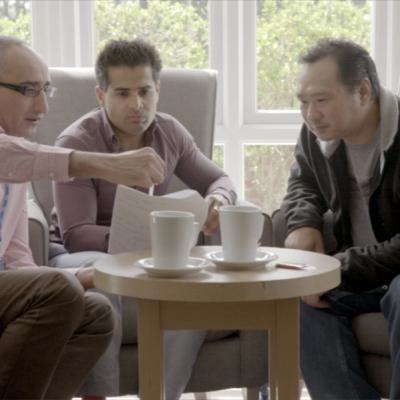
In the autumn, we launched five short films – the Power of people. These show what can be achieved when people are given the time and support to innovate.
Over the past 15 years, we have funded a range of projects in the NHS to improve the way health care is delivered and make care better for patients and service users, and some of these projects were featured in the films.
By showing the people behind the projects and the impact that their actions have, the films aim to inspire people working in health care to think about improvements they can make in their services. Since their launch the films have been viewed thousands of times.
The five films are available on our website:
- Pills: Reviewing medication in care homes
- Flo: Telehealth with a human touch
- Bottoms Up: Everyone can influence safety, quality and experience
- Recovery college: From mental health patient to recovery student
- Gold Line: Bringing health care home
As we move into a new year, we spoke to some of the people involved in the projects behind the Power of people films, asking how their work has developed since the launch of the films last year.
Pills: Reviewing medication in care homes
Wasim Baqir, senior clinical pharmacist, Northumbria Healthcare NHS Foundation Trust:
‘The project is now embedded in Northumberland as a service being run by one pharmacist and a technician. In December 2015, the Northumberland Vanguard agreed to further increase the resource to roll out medication reviews to more care home residents. It has seen the value of pharmacy services in supporting older people.
‘The model will also be applied to patients in their own homes and ambulatory patients from a GP practice setting. This significant investment will also recruit junior pharmacists who will be trained to provide these services and future-proof the work force.
‘The Pills film has been shared extensively and I and the team have had numerous queries from other teams nationally for advice on setting up similar services. We have several presentations at national events in 2016 where we will be using the film alongside data from the project to further promote it.’
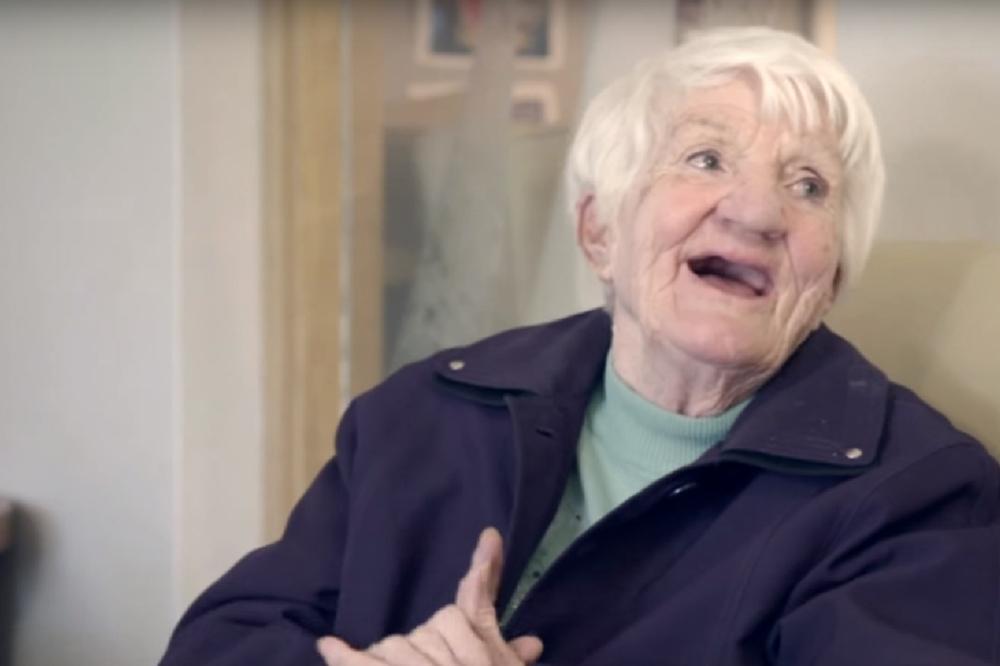
Bottoms Up: Everyone can influence safety, quality and experience
Brenda Carson, Quality Improvement Lead at South Eastern HSC Trust:
‘The SQE training programme will continue and we are looking at other opportunities for people to develop skills in QI, at different levels. The course has exceeded all my expectations in terms of how popular it could become. In October, we started our fifth year of the programme, with the highest number of applicants to date – 180. We have also just launched a regional training programme for social care staff. The social care staff who took part in our SQE programme are now mentoring and running the new programme, which starts this month.’
‘The Bottoms Up film created quite a lot of enthusiasm within our organisation for advancing the culture of quality improvement (QI). It helped staff to understand QI, and how the simplest of changes can make a big difference.
‘We ran a dragons' den style event to launch the film. It was an opportunity for people to bid for money for innovation projects. We’ve also used the film in our SQE (safety, quality, experience) training programme.'
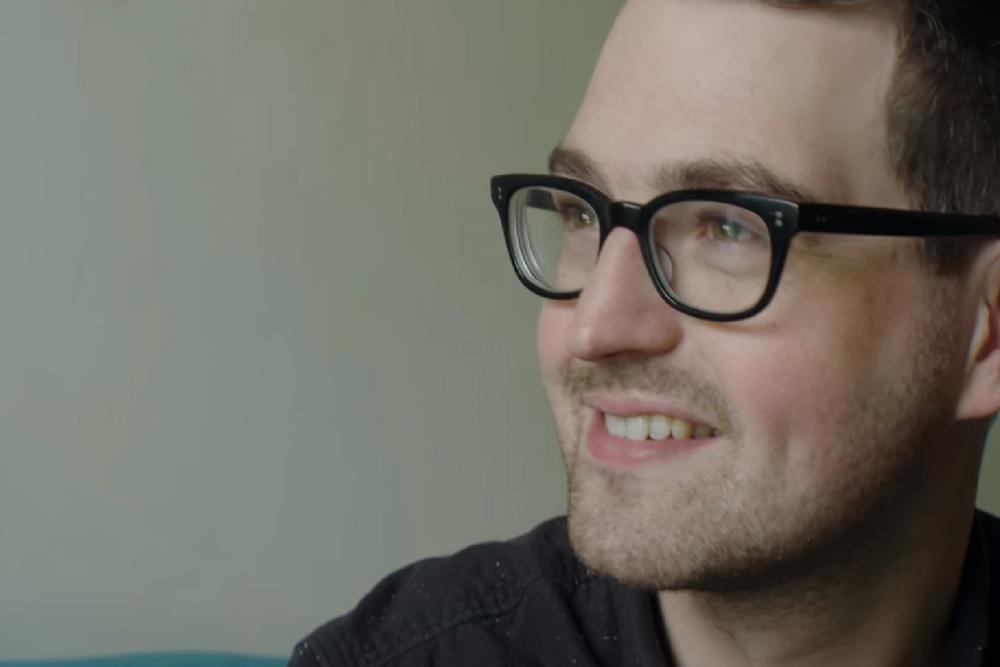
Gold Line: Bringing health care home
Gold Line now takes around 500 calls a month over the phone or using iPads from patients facing the last years of their lives, and their carers. The service now covers three clinical commissioning groups.
Reports suggest significant reductions in the use of primary and secondary care services by patients using Gold Line and a recent evaluation of the project suggested it has ‘great potential to fill the gap in out of hours service provision for patients and their families over the last year of life’.
Linda Wilson, Consultant in Palliative Medicine, Airedale NHS Foundation Trust:
‘The Gold Line film has been extremely helpful to us in promoting the service and explaining the impact the service has on patients and those supporting them at home. The film is very powerful and moving and, when combined with outcome data and the service evaluations, presents a compelling picture.
‘We have used the film in many presentations locally, regionally and nationally. We will be presenting the film and data to GP surgeries, especially targeting those who are not referring many patients to the service. Because of the sensitive nature of end-of-life care and the vulnerability of our users, it’s really good to use the film rather than to keep asking patients and carers to retell their story.’
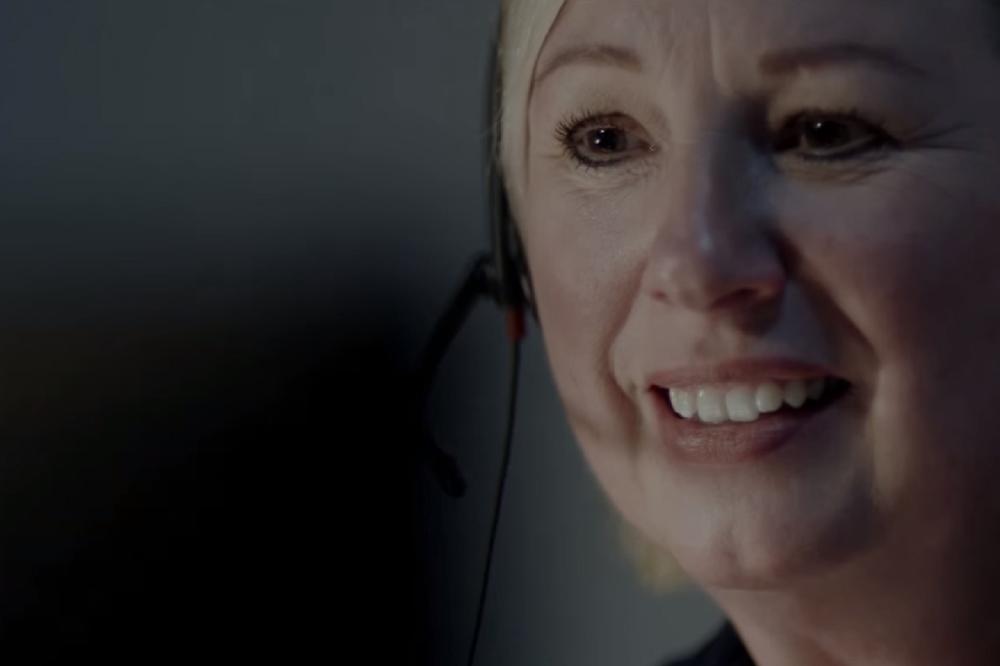
Flo: Telehealth with a human touch
Phil O’Connell, Chair for nhssimple:
‘The project is established as a not-for-profit social enterprise with the ambition to grow, develop and disseminate the methodology and learning behind it to continue to improve the quality and efficacy of self-care. Continuing with our NHS ethos, and to differentiate ourselves from industry, we've set ourselves the challenge in 2016 to attain the Social Enterprise Mark, demonstrating that we’re about patients and not shareholder profit. 2016 is set to be an exciting year!
‘Interest in our initiative continues to grow in England, Scotland, Wales, and the USA in particular, where the Power of people film about Flo has already been shown at conferences in Washington DC and Orlando. In Scotland, the project is taking hold, ‘powered’ by the film and robust local case studies. The Scottish government sponsored a national event for the project.
‘We’re finding that organisations which have recently joined are powering ahead, basing their approach on the prior learning and established evidence base. Recently, peer-reviewed articles have been published in BMC Family Practice and the British Journal of Healthcare Management.’
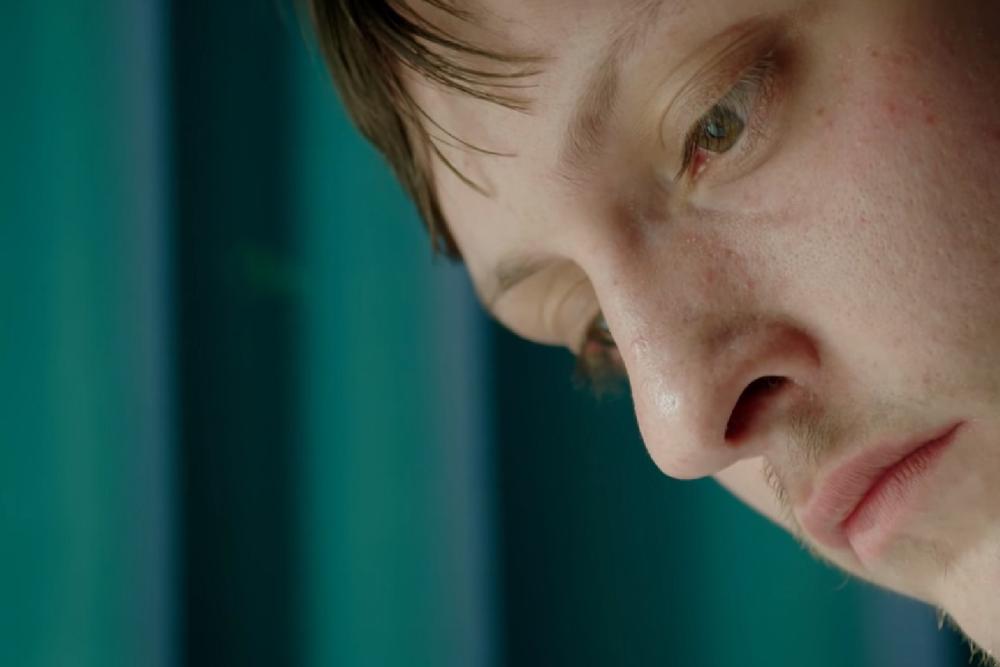
Recovery college: From mental health patient to recovery student
Anna Burhouse, Director of Quality, West of England Academic Health Science Network:
‘We have continued to roll out courses in the Recovery College. In addition, we have reviewed feedback on our latest innovation, a version of the college for young people aged 16-25, called the Discovery College. We have rewritten and redesigned the course and are holding a taster day in January. We have been joined by a new peer trainer, a graduate from our first Discovery College course. We have also had our first joint paper published in BMJ Quality.
‘We have just received approval from Gloucestershire research and development committee to undertake some outcome research. I am also helping to create a MOOC (online course) with the University of Bath that will feature the work as part of a wider quality improvement course, and it is also being featured in a national quality improvement in mental health toolkit due to launch in April.
‘Since the launch of the film, we’ve presented our work on several occasions, including at a conference on ‘Putting Patients at the Heart of Quality Improvement’. There’s continuing interest in the work we’re doing, and the team has been asked to present at numerous events in 2016, including conferences on patient safety, quality improvement and at the IMROC annual conference.’

Related links
Work with us
We look for talented and passionate individuals as everyone at the Health Foundation has an important role to play.
View current vacanciesThe Q community
Q is an initiative connecting people with improvement expertise across the UK.
Find out more

